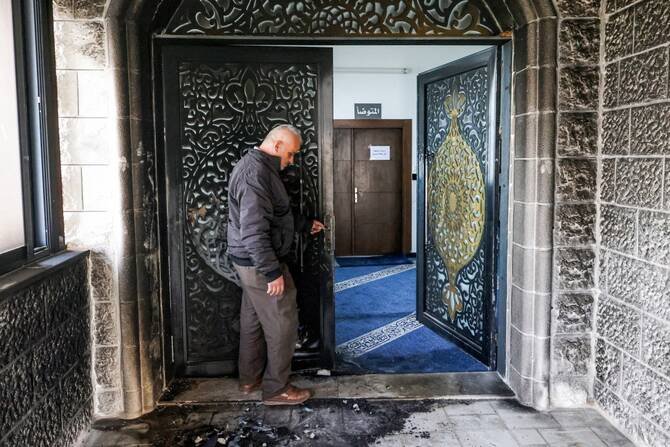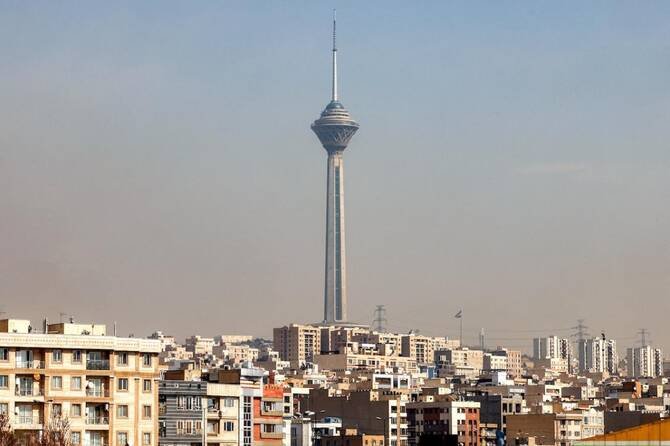
Hyderabad,30th April 2024 :In a pioneering move aimed at promoting linguistic diversity and accessibility in legal education, the Maulana Azad National Urdu University (MANUU) has announced the introduction of law courses in Urdu medium. This groundbreaking initiative marks a significant step forward in democratizing legal education and providing opportunities for students from diverse linguistic backgrounds to pursue their academic and professional aspirations.
The decision to offer law courses in Urdu medium reflects MANUU’s commitment to inclusivity and empowerment, recognizing Urdu as a language of knowledge and culture with a rich literary heritage. By breaking away from the traditional English-centric approach to legal education, MANUU is opening doors for students who may have previously faced linguistic barriers in accessing legal studies.
The introduction of law courses in Urdu medium holds immense significance in a country as linguistically diverse as India, where language often serves as a barrier to educational opportunities for marginalized communities. By offering legal education in Urdu, MANUU is not only addressing this linguistic divide but also empowering students to pursue their passion for law without compromising their linguistic identity.
Moreover, the availability of law courses in Urdu medium is expected to attract a broader spectrum of students, including those from Urdu-speaking communities and regions where Urdu is widely spoken and understood. This diversity in student enrollment will enrich classroom discussions and foster a more inclusive learning environment, reflective of India’s pluralistic society.
The move by MANUU also aligns with broader efforts to promote multilingualism and preserve linguistic diversity in education, a goal enshrined in India’s constitutional framework. By offering courses in Urdu medium, MANUU is contributing to the preservation and promotion of Urdu as a language of instruction and academic discourse, ensuring its continued relevance and vitality in the contemporary educational landscape.
Furthermore, the introduction of law courses in Urdu medium is likely to have far-reaching implications for legal practice and access to justice, particularly in regions where Urdu is widely spoken. Graduates of these programs will be equipped not only with legal knowledge and skills but also with the ability to communicate and engage with Urdu-speaking communities, thereby bridging linguistic and cultural divides in the legal profession.
As MANUU paves the way for Urdu-medium legal education, it sets an inspiring example for other educational institutions to follow suit and embrace linguistic diversity as a cornerstone of inclusive education. The introduction of law courses in Urdu medium heralds a new era of opportunity and empowerment for students aspiring to pursue careers in law while honoring the rich linguistic heritage of Urdu.








